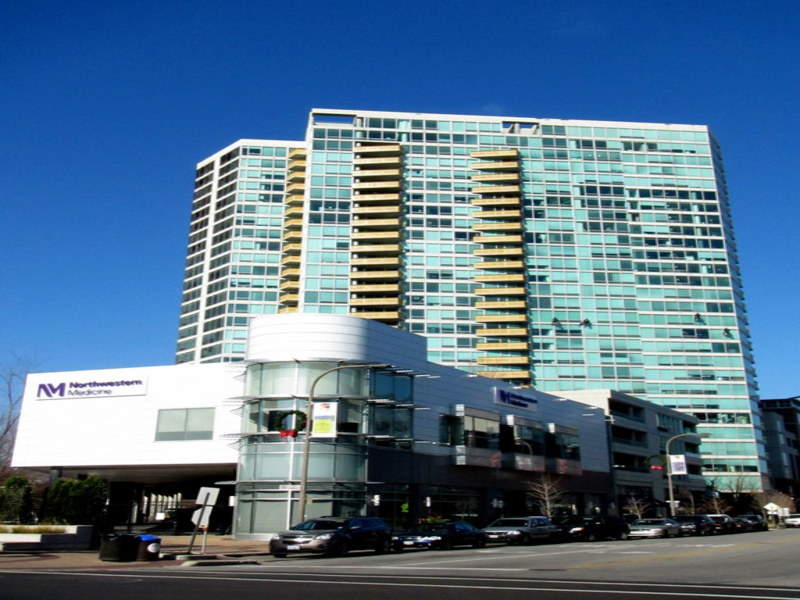

US-based advanced healthcare solutions provider Northwestern Medicine has initiated the Phase I trial of a new neural stem-cell therapy in combination with a common cold virus to detect and destroy brain cancer in patients with malignant glioma.

Discover B2B Marketing That Performs
Combine business intelligence and editorial excellence to reach engaged professionals across 36 leading media platforms.
Developed by a scientist at Northwestern, the new drug comprises of neural stem cells that deliver a potent common cold virus called oncolytic adenovirus.
The therapy is engineered to destroy brain cancer cells and acts synergistically with radiation and chemotherapy.
The Phase 1 trial is currently being conducted at the Northwestern Memorial Hospital and is designed to evaluate the safety and dosage of the new treatment in approximately 36 newly diagnosed patients.
Depending on the nature of their tumour, the subjects will be placed in two groups, one with removable tumours and another with tumours not removable by surgery.

US Tariffs are shifting - will you react or anticipate?
Don’t let policy changes catch you off guard. Stay proactive with real-time data and expert analysis.
By GlobalDataNorthwestern Medicine neuro-oncologist and trial’s principal investigator Dr Maciej Lesniak said: “We have discovered that combining stem cells with a virus causes the new drug to react like a cancer-seeking missile, targeting cancerous cells in the brain.
“If it works in humans, it could be a powerful weapon against brain cancer and an option that our patients are desperate for.”
A sub-population of cancer cells in malignant glioma is reportedly resistant to chemotherapy and radiation, leading to frequent recurrence of the disease.
According to pre-clinical findings by Dr Lesniak and team, the new therapy potentially targets these therapy-resistant cells, resulting in delay or prevention of recurrence.
The trial will be further extended from Northwestern Memorial to City of Hope Comprehensive Cancer Centre in California.
City of Hope was responsible for supplying the stem cells for the study.
Image: Northwestern Medicine. Photo: courtesy of Bohao Zhao.





